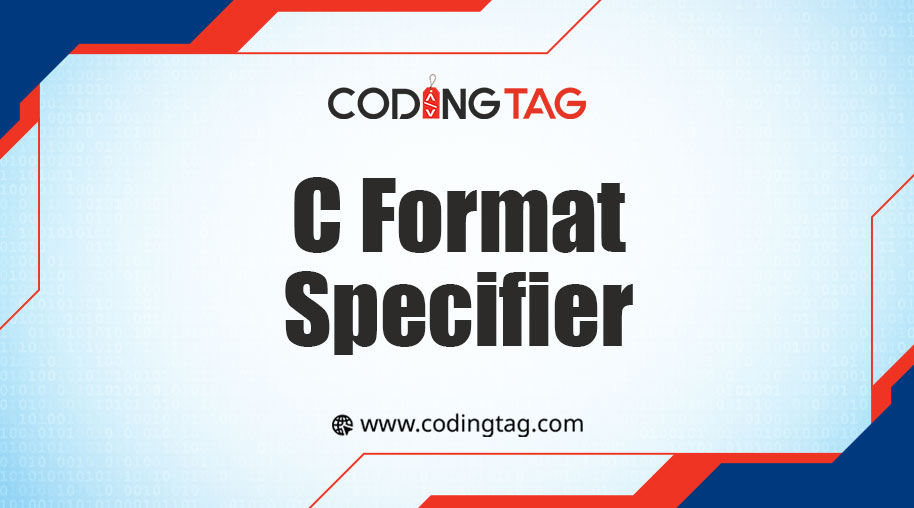Sequence Pointers in C
0 256
Sequence pointers in C are used to traverse or manipulate sequences of data stored in contiguous memory locations, such as arrays.
They are crucial for efficient array operations, data traversal, and memory management.
A sequence pointer in C is a point in the program's execution where the side effects of previous evaluations are guaranteed to have taken place and no side effects from subsequent evaluations have taken effect yet.
Examples:
Traversing an Array using Sequence Pointers
#include<stdio.h>int main() { int arr[] = {1, 2, 3, 4, 5}; int *ptr = arr; // Pointing to the first element printf("Array elements: "); while(ptr < arr + 5) { printf("%d ", *ptr); ptr++; // Moving to the next element } return 0; }
Output:
Array elements: 1 2 3 4 5
Swapping Two Array Elements using Sequence Pointers
#include<stdio.h>void swap(int *ptr1, int *ptr2) { int temp = *ptr1; *ptr1 = *ptr2; *ptr2 = temp; } int main() { int arr[] = {5, 3, 1, 4, 2}; int *ptr1 = arr; int *ptr2 = arr + 4; swap(ptr1, ptr2); printf("Array after swapping: "); for(int i = 0; i < 5; i++) { printf("%d ", arr[i]); } return 0; }
Output:
Array after swapping: 2 3 1 4 5
Importance:
Efficient Data Traversal: Allows for efficient traversal of arrays and other sequence data structures.
Array Manipulation: Enables easy manipulation of array elements using pointer arithmetic.
Memory Management: Helps in efficient memory allocation and deallocation by working with contiguous memory blocks.

Share:







Comments
Waiting for your comments